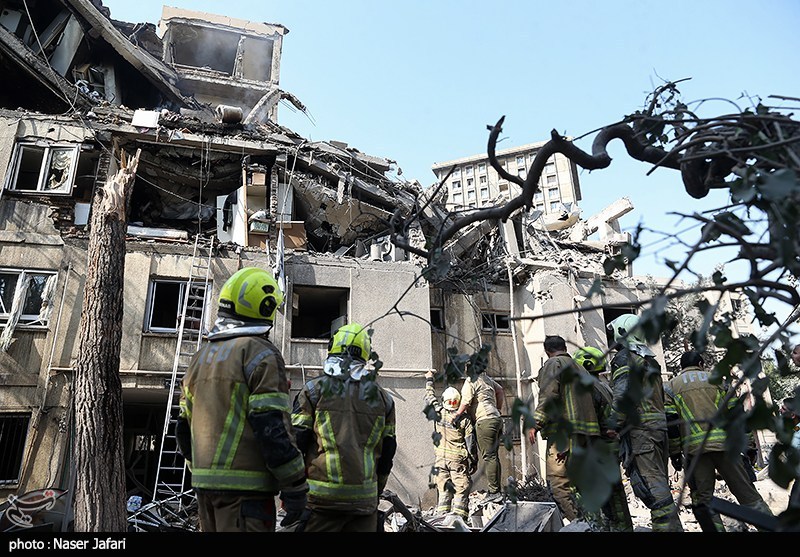
Similar Posts

Iran Pushes Forward with Major AI Document Implementation: Key Developments Unveiled
Iran is making significant strides in its Artificial Intelligence (AI) sector, driven by the Vice Presidency for Science, Technology, and Knowledge-Based Economy. The national AI framework is being implemented, pending formal approval from the Supreme Council, after which an executive order will initiate its execution. Abdolhossein Khosropanah, Secretary of the Supreme Council of the Cultural Revolution, emphasizes collaboration between government, private sectors, and educational institutions to foster innovation. Additionally, a Quantum Technology document is awaiting review. Khosropanah advocates for modern educational methodologies to support AI advancements, positioning Iran as a potential leader in the evolving global AI landscape.

Disconnecting for Health: Study Reveals Two Weeks Without Mobile Internet Could Reverse Brain Aging by a Decade!
A study from the University of British Columbia found that disconnecting from mobile internet for two weeks can significantly enhance cognitive function, effectively reversing brain age by ten years. Involving 400 participants, the research showed marked improvements in sustained attention and mental health, with 90% of participants reporting benefits surpassing those of antidepressants. Participants reduced their screen time nearly by half, engaging more in social interactions, exercise, and outdoor activities. The findings highlight the importance of managing digital consumption for better cognitive and emotional well-being, urging a reassessment of our relationship with technology.
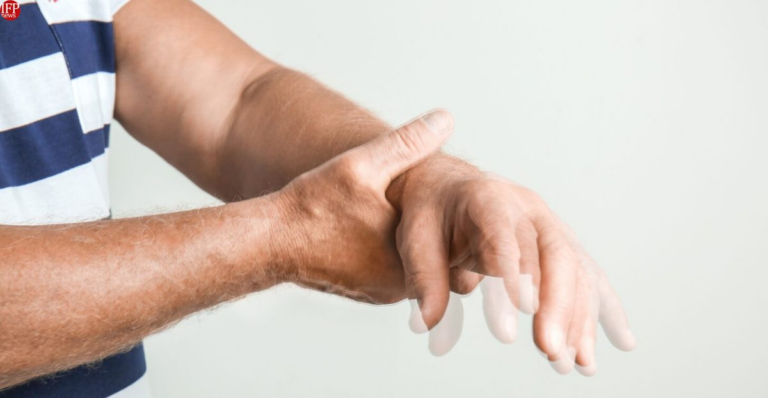
Breakthrough in Parkinson’s Diagnosis: Iranian Researcher Unveils Rapid Testing Method
Iranian scientist Fatemeh Zahra Seyedi has developed an innovative non-invasive sensor for early detection of Parkinson’s disease using gold nanoparticles. This groundbreaking technique causes the nanoparticles to change color—turning purple in the presence of specific biomarkers in the saliva of diagnosed individuals, while remaining unchanged in healthy people. This method promises to be cost-effective, quick, and much less invasive than traditional diagnostics, which often rely on subjective assessments. Seyedi emphasizes the importance of early diagnosis for better patient outcomes and is seeking partnerships for further validation, potentially transforming how Parkinson’s disease is diagnosed and managed globally.
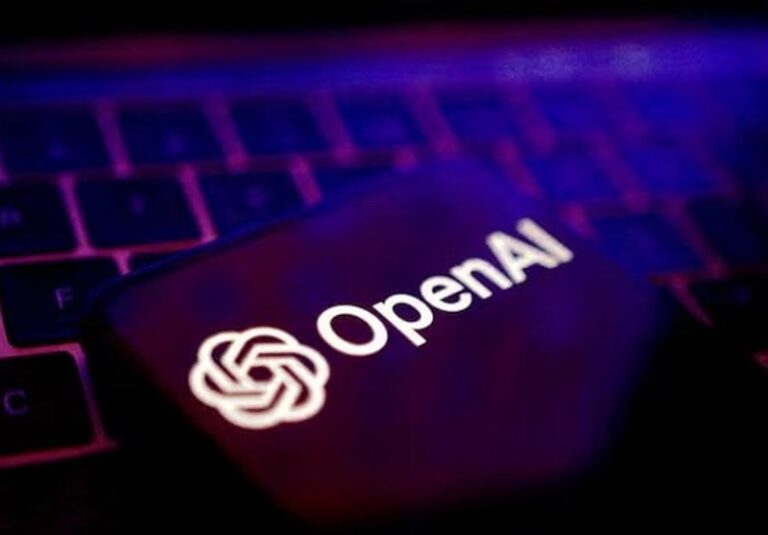
OpenAI Expands Horizons: First Asian Office Launches in Seoul to Meet Soaring ChatGPT Demand!
OpenAI has opened its first office in Seoul, South Korea, responding to the country’s demand for its ChatGPT service, which is now the second-largest market for paying subscribers after the U.S. The company has established a local entity and is actively recruiting to enhance its operations and partnerships. OpenAI plans to collaborate with Kakao to develop AI products tailored to South Korean users. Chief Strategy Officer Jason Kwon emphasized the region’s promising AI ecosystem and the importance of engaging with government officials to foster a conducive environment for AI development. Further announcements regarding OpenAI’s initiatives in South Korea are expected soon.
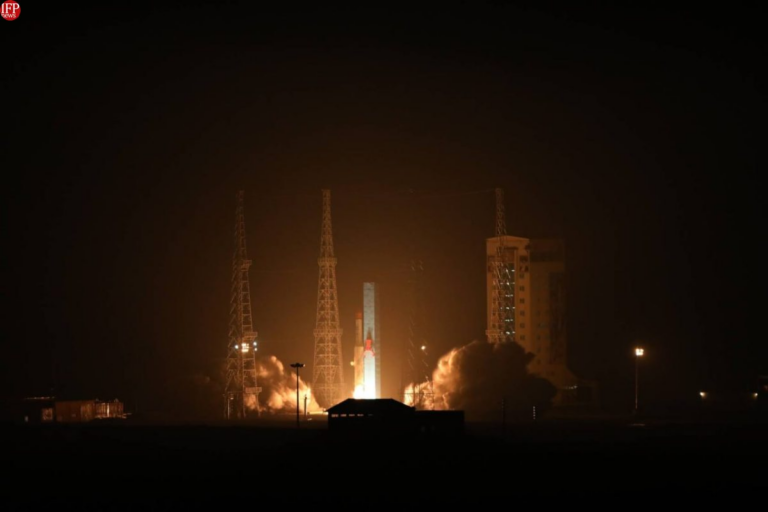
Iran Set to Launch Two Cutting-Edge Satellites This Sunday!
On Sunday, Iran will launch two new satellites: the upgraded Pars 2 and the Navak Satellite, emphasizing its commitment to aerospace advancements. The Pars 2 features enhanced imaging capabilities with 8-meter color and 4-meter black-and-white resolution, aiding in environmental monitoring and disaster management. The Navak Satellite, designed for high-altitude communications, will operate effectively in an elongated elliptical orbit, improving connectivity in remote areas. Alongside these unveilings, an exhibition will showcase Iran’s aerospace achievements. With 25 satellites under construction and 8 ready for launch, Iran aims to strengthen its presence in space technology and support socio-economic growth across regions.
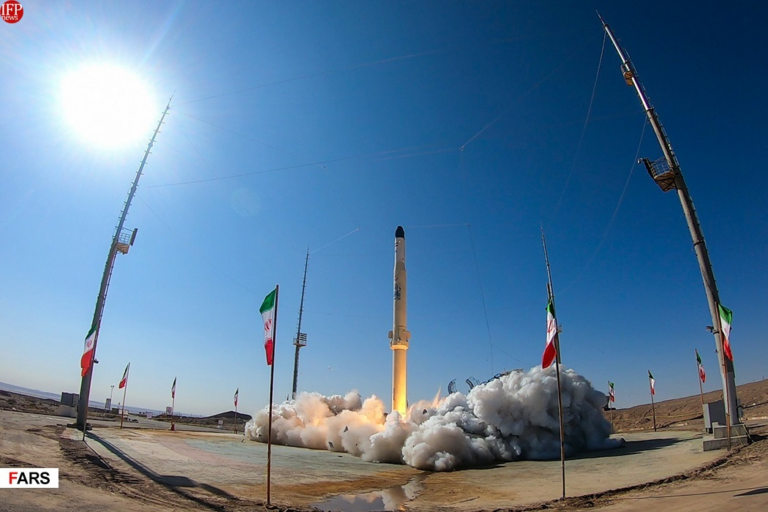
Iran’s Ambitious Space Agenda: Launching the Noor 4 Satellite
The commander of the IRGC Aerospace Division’s Space Unit announced the upcoming launch of the Noor 4 satellite, which will enhance the capabilities of its predecessor, Noor 3. Major General Ali Jafarabadi highlighted the satellite’s advanced imaging and communication functions, aimed at improving military reconnaissance and data collection. He emphasized Iran’s focus on self-reliance in satellite technology, driven by international sanctions, and noted the collaboration between the IRGC and Iranian companies in developing launch vehicles. The Noor 4 is expected to bolster military communications and intelligence-gathering capabilities, reinforcing Iran’s position among the top countries in satellite launch capabilities.